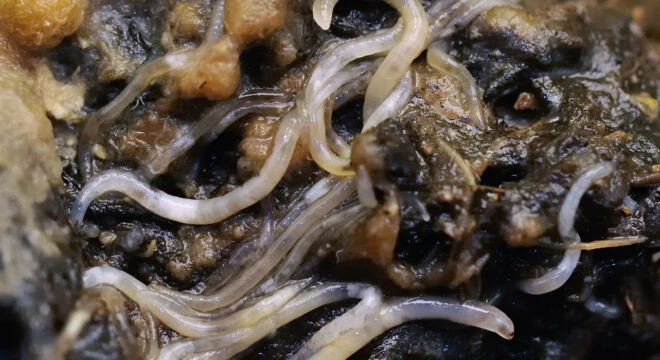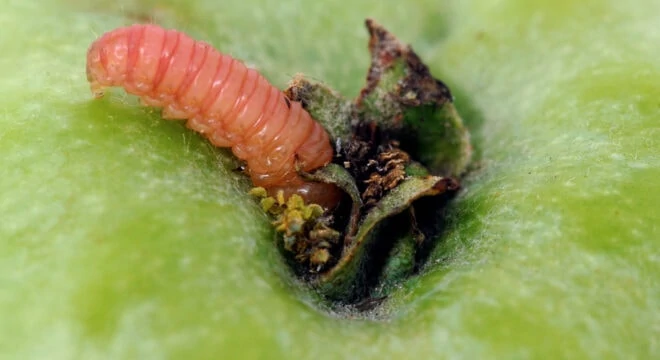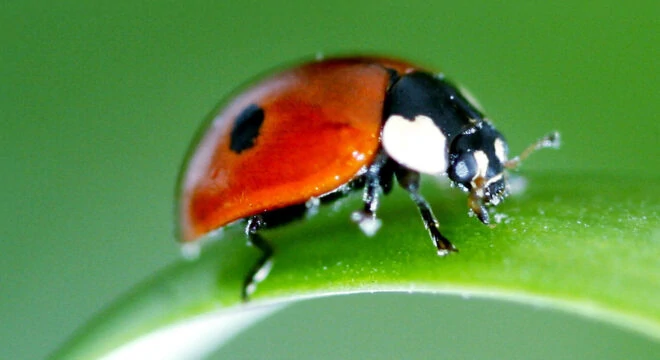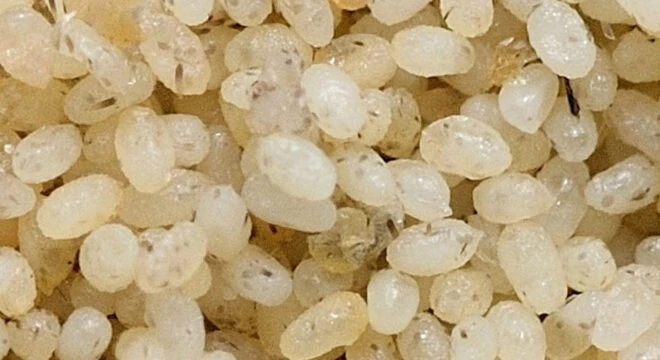Entomopathogenic nematodes occur naturally in the environment as parasites of many insect larvae. The mass release of these nematodes provides an efficient and curative control of key insect pests in a wide range of crops.


Mode of action
Once released, nematodes actively seek out their insect hosts. When a host has been located, the nematodes penetrate the insect through body openings and release symbiotic bacteria that multiply and rapidly kill the insect. Subsequently, nematodes feed upon the host and mature into adults, which mate and produce the next generation. The life cycle is completed within a few weeks and hundreds of thousands of nematodes emerge in search of new hosts.
Persistance in the soil. In some species, nematode infected pest larvae turn a characteristic red or brown colour, providing easy identification of activity. When no new hosts are present, the nematode population decreases quickly.
Main target pests
| Steinernema carpocapsae | Red palm weevils (Rhynchophorus ferrugineus) Codling moth larvae (Cydia pomonella) Mole crickets (Gryllotalpa gryllotalpa) Crane flies (Tipula spp.) Cutworms (Agrotis spp.) Southern Europe marshland pyralid (Duponchelia fovealis) |
| Steinernema feltiae | Codling moth larvae (Cydia pomonella) Sciarid flies (Sciaridae) Thrips and leafminers |
| Heterorhabditis bacteriophora | Black vine weevil (Otiorhynchus sulcatus) Garden chafer (Phyllopertha horticola) Welsh chafer (Hoplia spp.) Dung beetle (Aphodius spp.) Western corn rootworm (Diabrotica virgifera) Hazelnut borer (Balaninus nucum) Chestnut moth (Cydia splendana) Beech moth (Cydia fagiglandana) |
Advantages
- Effective and quick control of pest larvae
- Residue free pest control
- No re-entry time
- Natural product that is safe to users, consumers and the environment
- Improvement of pest resistance management
- Compatible with other biological and IPM systems
- Easy application using sprayers, overhead irrigation or sprinkler systems


